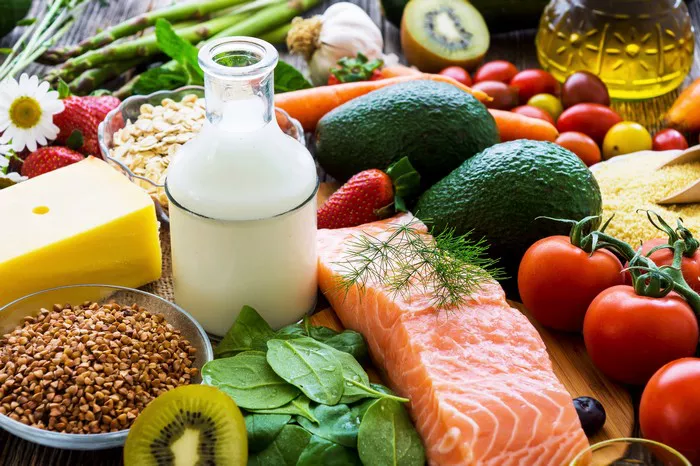Japan’s agricultural, forestry, and fishery exports hit a record 1.507 trillion yen ($9.7 billion) in 2024, marking a 3.7% increase from the previous year. This achievement comes despite the ongoing suspension of Japanese seafood imports by China in response to the release of treated radioactive water from the Fukushima Daiichi Nuclear Power Plant.
The increase in exports represents Japan’s 12th consecutive year of growth. According to the Ministry of Agriculture, Forestry, and Fisheries (MAFF), the rise was largely driven by stronger demand from the United States and other parts of Asia, which helped offset the decline in exports to China and Hong Kong.
Kazuyoshi Nakasugi, deputy director of MAFF’s export policy planning division, attributed the growth to a surge in Japanese restaurants abroad and the increasing global popularity of Japanese cuisine, fueled by the rising number of foreign tourists visiting Japan. “Stronger exports to the U.S. and expanding markets in Asia have been key contributors to our success,” Nakasugi said.
Despite the overall growth, exports to China saw a significant decline, dropping 29.1% to 168.1 billion yen. This was a direct result of China’s decision to suspend imports of Japanese seafood following the start of the water discharge from Fukushima in August 2023. However, exports to the United States saw a notable rise, climbing 17.8% to 242.9 billion yen, making the U.S. Japan’s top export destination for the first time in two decades.
Meanwhile, exports to Vietnam and Thailand grew by more than 23%, and sales to Taiwan, South Korea, and Europe increased by 11 to 20%. Popular products such as seasonings and green tea saw strong demand, further boosting Japan’s export figures.
Scallop exports, which were among the hardest hit by China’s seafood ban, benefitted from rising sales to the U.S., Taiwan, and Vietnam. To mitigate the impact of the ban, the Japanese government has been working to diversify export channels for seafood products in other Asian countries and the U.S.
“We will continue to encourage China to lift its seafood import ban while expanding our food product sales channels globally,” Nakasugi added.
Related topics























